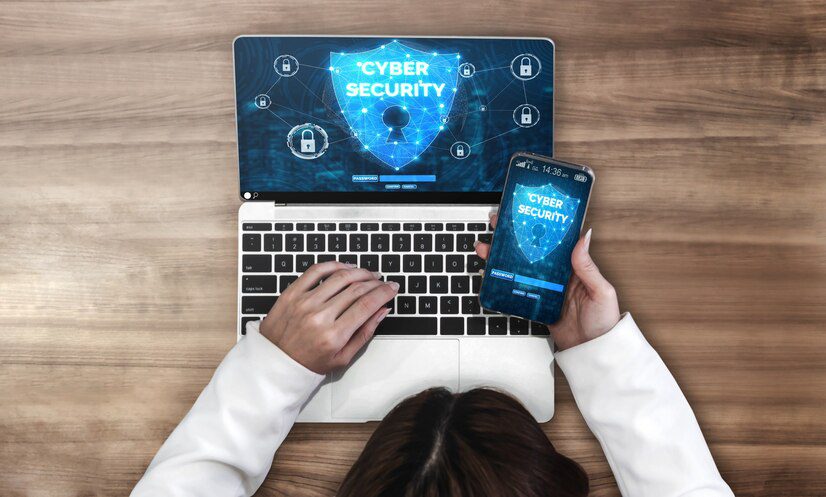As the world goes digital, you need to protect your online privacy. As cyber criminals and hackers proliferate, along with intrusive advertising techniques and aggressive surveillance, education about the best ways to guard one’s online identity isn’t just sensible—it’s imperative. This article highlights the following steps to help you keep your information safe when using the internet.
Use Strong and Unique Passwords
A poor password is like an open door to a criminal of any kind. The passwords employed should be as secure, and different from each other, as it is possible to make them. A 2023 cybersecurity report revealed that 80% of hacking-related security breaches are through the use of poor passwords. Include using upper and lower case letters, numbers, and other characters if available, and think about password manager to usernames.
Enable Two-Factor Authentication
Two-factor authentication (2FA) means the use of a second factor for authentication like an SMS or an App code. In the situation when your password has been stolen, all the same, 2FA can protect your account. This event makes a difference in improving the abilities of users to gain more online privacy when using the internet.
Be Cautious with Public Wi-Fi
Wireless connections especially those offered freely in coffee shops and hotels are usually insecure meaning that hackers love them. Starting from the request one should not use personal websites or other personal resources with sensitive information – for example, the websites of online banking. If you must access the Internet using public Wi-Fi, then you should use a Virtual Network Protocol to secure the data transmitted over the network.
Limit Social Media Sharing
Many people post too much information about themselves online and this is what makes people become a victim of identity theft. Those who intend on performing scams, invasions, or identity theft scan social media accounts to notify the proper answers to security questions. Click through your personal social media accounts Facebook, Instagram, and LinkedIn, to make sure only people that you want to see your information can access it.
Always Be Assure That Your Software is Updated
The existing software has some security loopholes that hackers can penetrate and use to gain unauthorized access. Always check for updates on your operating system, software, and even antivirus to get the latest updates that will eradicate vulnerabilities. The survey further shows that more than fifty-nine percent of the breaches happened due to unaddressed holes.
Beware of Phishing Scams
Phishing emails and messages aimed at getting users to release personal details. There is always a need to check the sender’s email address and never click on links that look strange. Just a reminder: no legitimate company will ever send you an email and ask for a password or any other financial details.
Use Encrypted Messaging Apps
For person-to-person use and data protection, select the messaging apps that support end-to-end encryption including Signal and WhatsApp. Encryption means only you and the other person can read the conversations and nobody else can get hold of that information.
Clear Cookies and Browser History
Indeed it is true that cookies are a major threat to anyone’s online identity tracking your activities whenever you visit a website. Often delete your cookies and browsing history to avoid being tracked as much as possible. Or go for private modes of browsing or even better, use online privacy-conscious browsers such as the Brave browser.
Conclusion
Preserving online privacy does not demand high and complicated technologies but simply, consciousness and bound actions. Fortunately, some measures that can be taken to minimize your risk are using secure passwords, applying two-factor authentication, or staying cautious towards fake emails. Just a quick note to remind folks that once you put something on the internet it stays there whether you like it or not so always abide by security paramount.







